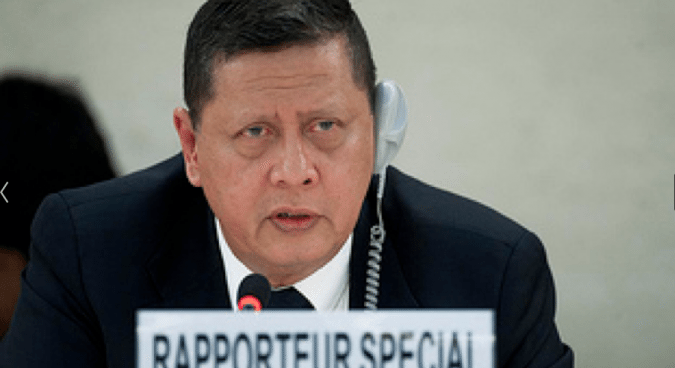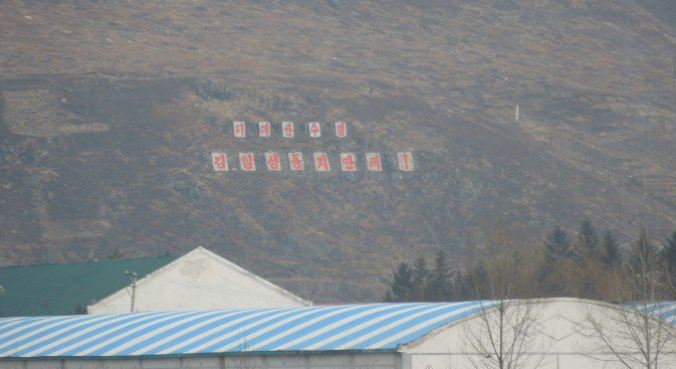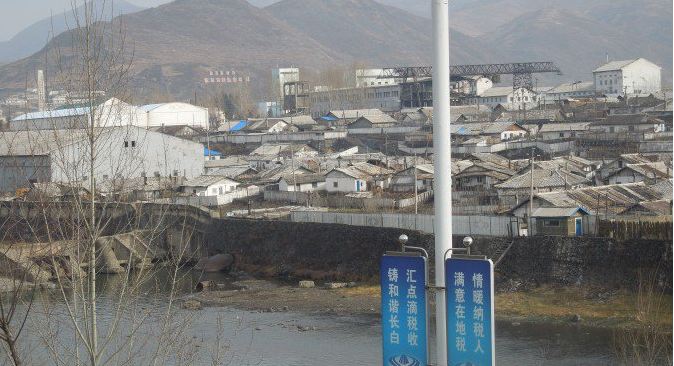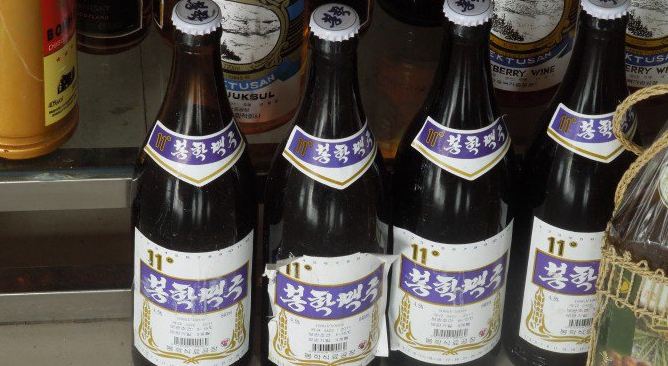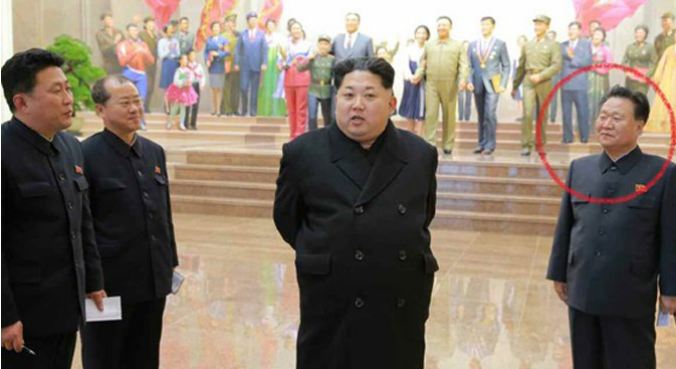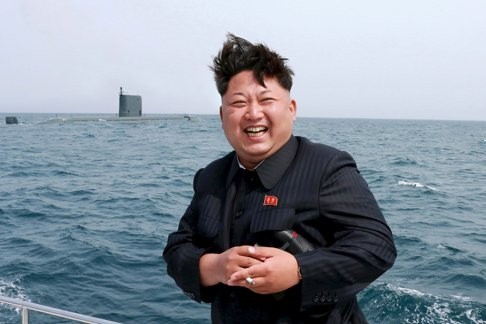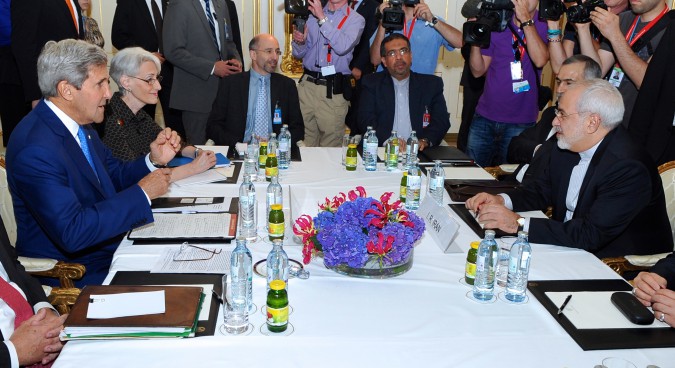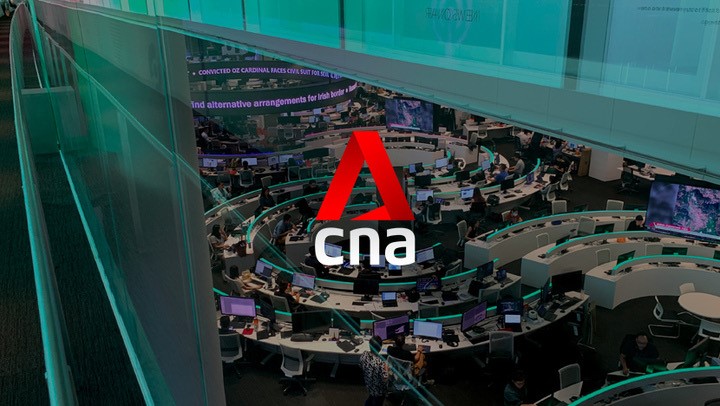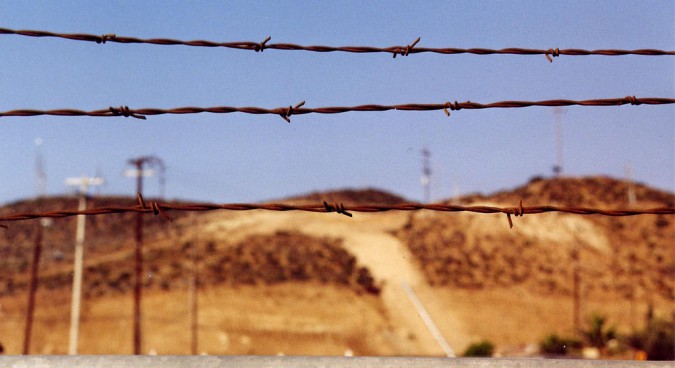Residents forced to work, pay to prep for 7th Party Congress
Choi Song Min | 2016-02-02 13:27
North Korean residents are being forced to contribute labor to construction projects and hand over money to the authorities in order to support the 7th Korean Workers’ Party Congress this May. The large political gathering last took place in 1980, wherein it was announced that Kim Jong Il would succeed his father, Kim Il Sung. In order to fund and prepare for the large celebration, regional offices and inminban [people's unit, or neighborhood watch] groups are pressuring residents to participate in work mobilizations and give so- called “material contributions.”
In a telephone conversation with the Daily NK on January 28, a source from South Pyongan Province said, “These days, posters and catchphrases about the 7th Party Congress are popping up everywhere you look. Cars blasting propaganda messages about the congress are driving around. Party cadres from regional offices are carrying megaphones and asking residents to contribute to the mobilizations starting at the crack of dawn. Inminban heads are stepping up the pressure for residents to fork over cash to help fund the event.”
Sources in North Pyongan Province as well as North and South Hamgyong Provinces reported the same news in their respective regions.
He continued, “For the next four months, residents are going to be particularly pestered because there is an overlap between efforts to realize goals set out by Kim Jong Un’s New Year’s Address and efforts to prepare for the 7th Party Congress. Some residents have been sent to participate in a new third stage of construction at the Mt. Baekdu Songun Youth Power Plant Under the pretense of ‘material support,’ residents are also being asked to submit cash to the regime. The amount of cash required depends on one’s age, job, and school.”
There are orders to complete construction projects such as the power plant before Kim Il Sung’s birthday on April 15. To accomplish this aggressive schedule, the regime is asking for the “full emotional and physical support of its residents,” which includes, according to the source, sending even young school children to work at the construction site.
Everyone from primary school students to young men to housewives must make contributions to various drives when their cohort is targeted. "Because of the contributions families are making to such drives, there are many households that have given up all their kitchen tools and been asked to contribute cash on top of that,” the source said.
All around the country, elementary school and college students are being obliged to collect 10 kg of copper and colored metal each, and 40-50 kg of iron each. If the students fall short on their quotas, they are forced to pay KPW 30,000- 40,000 (approximately USD 4.24). In order to purchase shovels, pickaxes, gloves, foodstuffs, and toiletries, each resident is also required to hand over as much as KRW 50,000 (about USD 6.00), depending on one’s age.”
He added, “As a result of goals and orders set by Kim Jong Un’s New Year’s Address, residents also need to pay enough money to cover one ton of manure. This is in addition to expenses related to the 7th Party Congress. Since these money raising activities overlap, the burden on each resident is that much harder to bear, going as high as tens of thousands of KRW. To collect the cash, factory company cadres are dividing workers into ‘Earning Teams’ composed of clever youngsters. Local cadres are also offering Party membership in exchange for ‘volunteer donations.’”
When asked about the residents’ reaction to these developments, he reported that people are unsurprisingly weary of these yearly tasks and taxes, having been forced to turn out their pockets and give everything they have to support these events time and time again. Most point out that hardly any time has elapsed since they were forced to go to similar extremes to prepare for the 70th anniversary of the Workers’ Party foundation.
For their part, market vendors did not mince their words when pressed on the issue by Daily NK's source, sarcastically stating, “They want me to pay for Party membership? I think they should pay me to join up!”
*Translated by Jonathan Corrado
